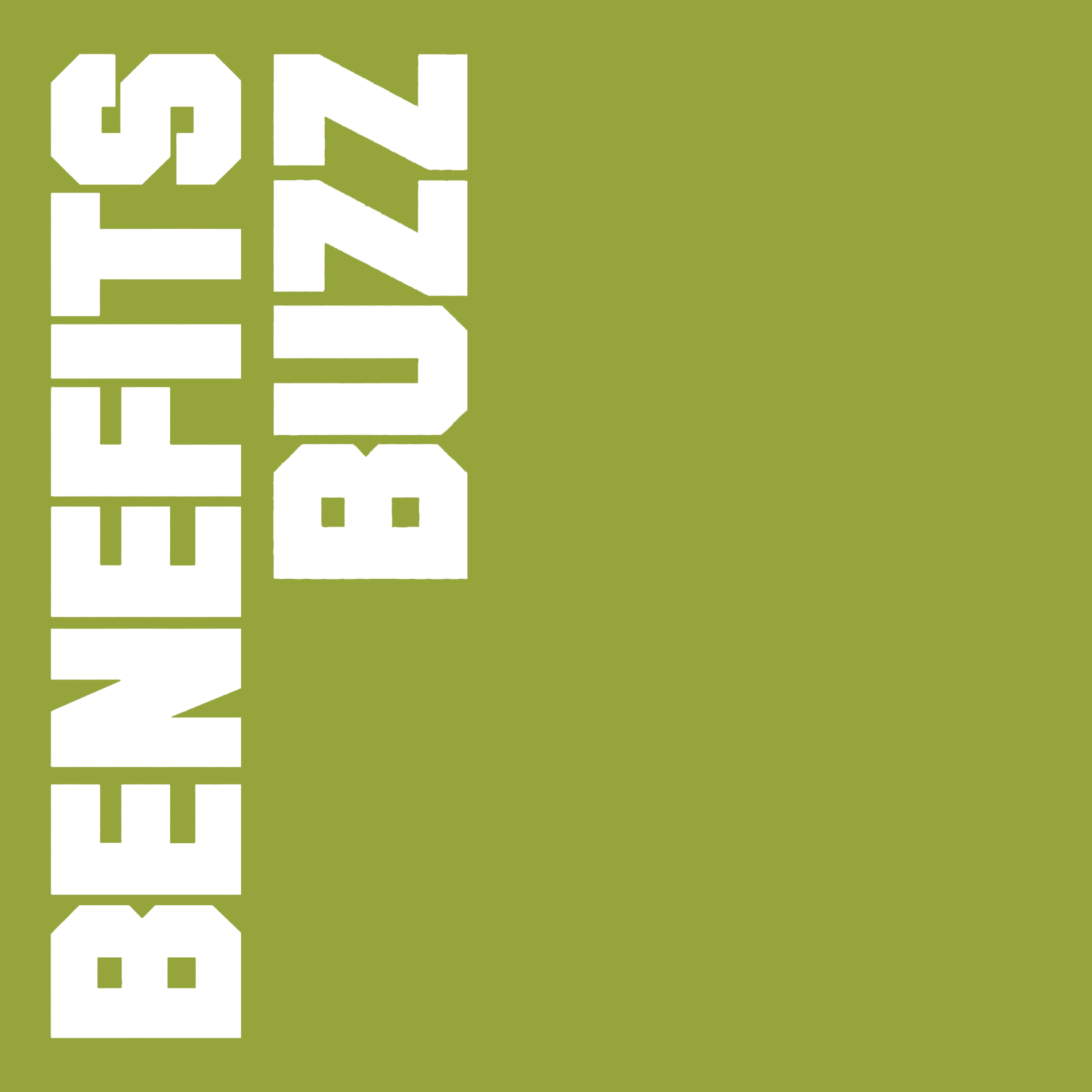
Download the full version of this Benefits Buzz
IRS Allows HDHPs to Cover COVID-19 Costs
The IRS recently issued Notice 2020-15 to advise that high deductible health plans (HDHPs) can pay for coronavirus disease 2019 (COVID-19) testing and treatment before plan deductibles have been met, without jeopardizing their status. Individuals with HDHPs that cover these costs may also continue to contribute to their health savings accounts (HSAs).
The IRS also noted that any COVID-19 testing costs count as preventive care and can be paid for by an HDHP without cost sharing. This announcement is in line with statesdirecting or encouraging health insurance issuers to cover this testing without any cost sharing. Some issuers are voluntarily waiving cost sharing for COVID-19 testing, without a state directive. Self-funded plans may also voluntarily waive these costs due to the public health emergency posed by COVID-19.
Employers with HDHPs should consult with their plan’s issuer or benefits administrator regarding their plan’s benefits for COVID-19 testing and treatment, including the potential application of any deductible.
COVID-19 Relief Laws Require Paid Employee Leave
As part of the Families First Coronavirus Response Act, two laws provide workers with paid leave for reasons related to the COVID-19 pandemic. The leave benefits are effective from April 1, 2020, through Dec. 31, 2020.
The “Emergency Family and Medical Leave Expansion Act” allows 12 weeks of partially compensated FMLA leave to care for a child whose school or child care facility has been closed due to COVID-19. The leave applies only to workers who have been employed by their current employer for 30 days. Special rules apply to employees who are laid off and then rehired for purposes of the 30-day requirement.
The “Emergency Paid Sick Leave Act” requires employers to provide 80 hours of paid sick time to employees in specified circumstances, including:
· A quarantine or isolation order for the employee or someone the employee is caring for, or medical advice to self-quarantine
· When the employee has symptoms of COVID-19 and is seeking a diagnosis
· When the employee’s child’s school or child care facility is closed due to COVID-19 related reasons
Employers with 500 employees or more are exempt from the laws, and employers may exclude employees who are health care providers and emergency responders. The legislation also allows for future regulations exempting businesses with fewer than 50 employees from providing leave for child care reasons if the leave would jeopardize the viability of the business.

Operation Safe Driver Week
Operation Safe Driver Week is an annual seven-day initiative created by the CVSA to help

7/17 Panel Recap & Financial Insights
Stepping into summer 2024, the insurance landscape continues to present challenges and opportunities for businesses

Employee Spotlight: Adam Knapp
Seubert welcomes Adam Knapp to the agency’s Commercial Lines Division as a Technical Account Manager.
